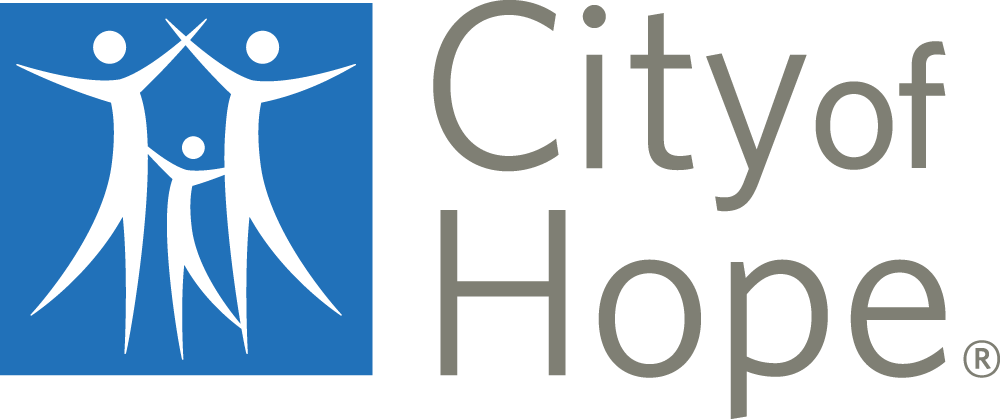Carlotta Glackin, Ph.D., a third-generation Californian and native Angeleno, grew up in the Westwood neighborhood of Los Angeles.
As children, she, her siblings and cousins were treated to a parade of interesting, learned dinner guests. An uncle (Dr. Walter Munk) who was at the Scripps Institute of Oceanography, a major center for oceanographic research, sparked Glackin’s interest in science. So when a family friend who was a postdoctoral fellow at UCLA invited her to visit her lab after school someday, the 11-year-old took her up on it. “I always had a chemistry set and was always blowing things up,” Glackin says. After earning undergraduate degrees in molecular biology and biochemistry, she entered a Ph.D. program in molecular biology, under the direction of Dr. James Bonner. It was a plum post. “He was already emeritus,” she says, “so I was his last Ph.D. student.”
Then, Glackin continued her postdoctoral work at Cal Tech under Dr. Barbara Wold. “I wanted a woman mentor to see what it would be like to be a woman scientist in academia. She pushed me very hard during my post-doctoral fellowship and I would not be as successful today without her guidance.
The connection proved influential a few years later, when Glackin sought an appointment at Beckman Research Institute of City of Hope. “I met with the director, Dr. Joseph Holden, and he said, ‘Oh, you’re a student of James Bonner?’ and I got the position in BRI. I really wanted to work in a translational research setting.”
That was in 1993 — and Glackin has been at City of Hope ever since. “Since I love teaching, that was part of the attraction of going to City of Hope. I found it to be the best of everything — small classes and excellent students.”
Now running her own lab, she studies the role of certain protein molecules called TWIST1— which could lead to improved therapies. “Ovarian cancer is usually diagnosed very late, at a point when it’s already metastasized,” she explains. “We took some cancer cells that were resisting treatment, grew them in a culture, treated them to turn off TWIST1 and made them sensitive to treatment again.” The lab is hoping to move into clinical trials soon.
In 1999, Glackin was herself diagnosed with ovarian cancer. Naturally, she turned to City of Hope. “Now I know both sides,” she says. “I’d go in for my treatment, then back to my lab. The nurses and staff were amazing. City of Hope really is the best place to get treatment.”
Cancer-free for 20 years, Glackin is thinking about her legacy — both scientific and financial. “My mother passed away from breast cancer in 2010,” she says, “and my sister also had it. It’s important to me to support the research that could lead to a cure.” That’s why she named City of Hope a beneficiary in her trust.
“I know how hard it is to get funding,” Glackin says. “I have spent most of my career in the lab at City of Hope working with superb graduate students. Having been a patient, too, I want to focus on the next generation and ensure that City of Hope continues to be a research and treatment leader. My gift through my estate to fund scholarships for graduate students will help ensure what I’ve achieved will live on.”
